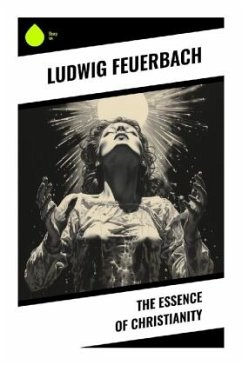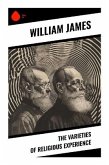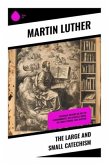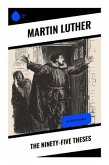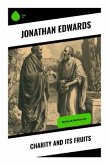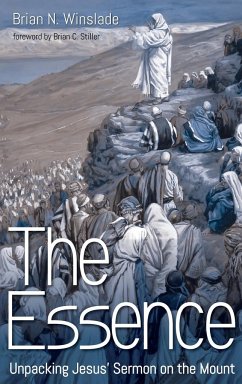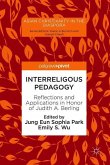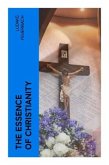In "The Essence of Christianity," Ludwig Feuerbach embarks on a profound critique of religious thought by examining the intrinsic nature of Christianity. His literary style is characterized by a philosophical rigor that combines practical analysis with speculative insights, making the text both accessible and intellectually stimulating. Feuerbach challenges traditional theological doctrines, asserting that human consciousness is the true origin of divine ideas, thus situating his work within the broader context of 19th-century German philosophy, particularly its dialectical engagement with Hegelian ideals and materialism. Ludwig Feuerbach, a pivotal figure in the Young Hegelian movement, sought to reformulate the foundations of religious belief in light of human experience rather than divine authority. Influenced by his background in philosophy and theology, Feuerbach's own existential dilemmas led him to confront dogmatic beliefs and to articulate a vision of religion rooted in human emotions and desires. His exploration of humanism and its implications for understanding spirituality reveals the harmonization of personal identity with collective belief systems. "The Essence of Christianity" is essential reading for anyone interested in the intersections of philosophy, theology, and humanism. Feuerbach's innovative approach encourages readers to reflect on the transformative power of human agency within the frameworks of faith, inviting both scholars and laypersons alike to reconsider their understanding of spirituality and religion.
Bitte wählen Sie Ihr Anliegen aus.
Rechnungen
Retourenschein anfordern
Bestellstatus
Storno

